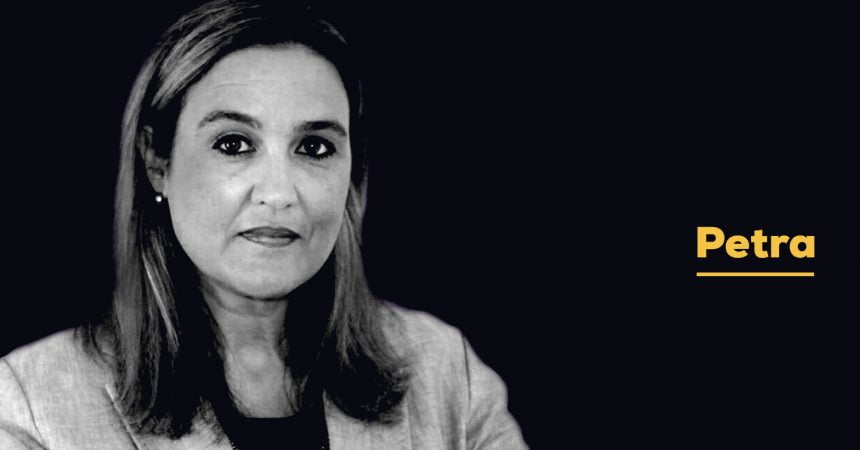The most unexpected aspect of the controversial permit for the redevelopment of a rural room in Qala, was the reaction by Nationalist MP Marthese Portelli. Her resignation from the Planning Board, after voting against the project, was a big move with wide ramifications.
It raises fundamental questions about the role of politicians in the planning process.
Planning is central to people’s lives and to society. Politicians clearly need to be involved. It is not just about building an extra floor or redeveloping a room, but about quality of life, the economy, urban regeneration, and so much more. Politicians drive the agenda and create the policies that the country follows.
But MPs should not directly decide on applications for building permits by members of the public. Since 2016, the Planning Board is no longer involved in policy-making as it used to be, but now only decides building permits.
Marthese Portelli has moved in the right direction. Labour MP Clayton Bartolo should do the same, and the law should be changed to reflect this.
I have not yet met anyone who believes that the Qala decision was not influenced by a party political context. Political influence does not have to be direct. It can take the form of public statements, encouraging a general direction and shaping the story. Appointees and supporters prick up their ears and take the cue.
Following the ensuing public outcry, Prime Minister Joseph Muscat waded in to save the day. He said that the Planning Board was ‘insensitive’. This immediately framed the discussion to imply that, unlike them, he is sensitive. And that the handling of this controversy should be non-confrontational.
Planning Commission chairperson Elizabeth Ellul followed suit and was ‘sensitive’ too. She agreed that the rural policy of 2014, which she herself drafted, is imperfect.
Developer Joseph Portelli also followed. He announced to the world that he would not develop the Qala room into a villa after all. Or at least, not yet. He slipped in the point that he was being singled out.
Board member Clayton Bartolo insisted that his vote in favour was technically correct. Such an overly legalistic defence of a permit, mentioning nothing else, begs the question whether a board is even necessary at all. The planning officers are perfectly capable of reading the policy themselves.
The non-technical board members are there to add a level of transparency, but also to interpret the policies with a wider view on what is good for the country. In this case, their interpretation rested on whether the dilapidated room was ever used as a dwelling, at some distant point in the past.
But the board members should be looking at the wider picture and the overall aims of the rural policy, such as to safeguard the rural landscape. They are not there to search for the needle in the haystack which will get a permit over the finishing line, but to look at the shape of the haystack itself.
The public is not well served by a board stacked up with government appointees who are perceived to play the government’s tune. Stop this charade, once and for all. In her statement, Marthese Portelli said that the Planning Authority has been taken over by people who only think of their own political convenience, and their personal friendships and obligations.
The system desperately needs an overhaul. The Planning Board members should not be hand-picked by the prime minister. Perhaps they could be chosen by recognized sectoral groups instead, just as environmental NGOs already nominate a member. Perhaps people should apply, with a transparent and competitive selection process. Whatever the best solution is, the current situation is not it.
Local councils could also have more say in planning decisions affecting their locality. They often speak up and join in with grassroots activism in their localities. But councillors run on the tickets of political parties and, in that sense, they are also politicians and their positions may have political agendas.
Another query about having politicians on the Planning Board is raised by the recent court ruling on conflict of interest in the granting of the DB group’s building permit at St George’s Bay. This suggested that board members should not publicly state their stand on a project in advance of a board decision, as this may undermine the validity of the vote.
This seems especially complex for MPs, who generally vote in line with their party’s position. If their political party has already taken a stand on a project, how does that reflect upon their vote at the Planning Board?
One certain thing is that having politicians on the Planning Board has not yielded any tangible good results. The credibility of the Planning Authority is in free fall. The country’s environmental problems continue to multiply.
Individual politicians are of course entitled to their own opinions on planning matters and they should be heard too, like anyone else. And political parties have a leading role to play in planning policy. But their involvement and influence in the front trenches of the Planning Authority are toxic.












